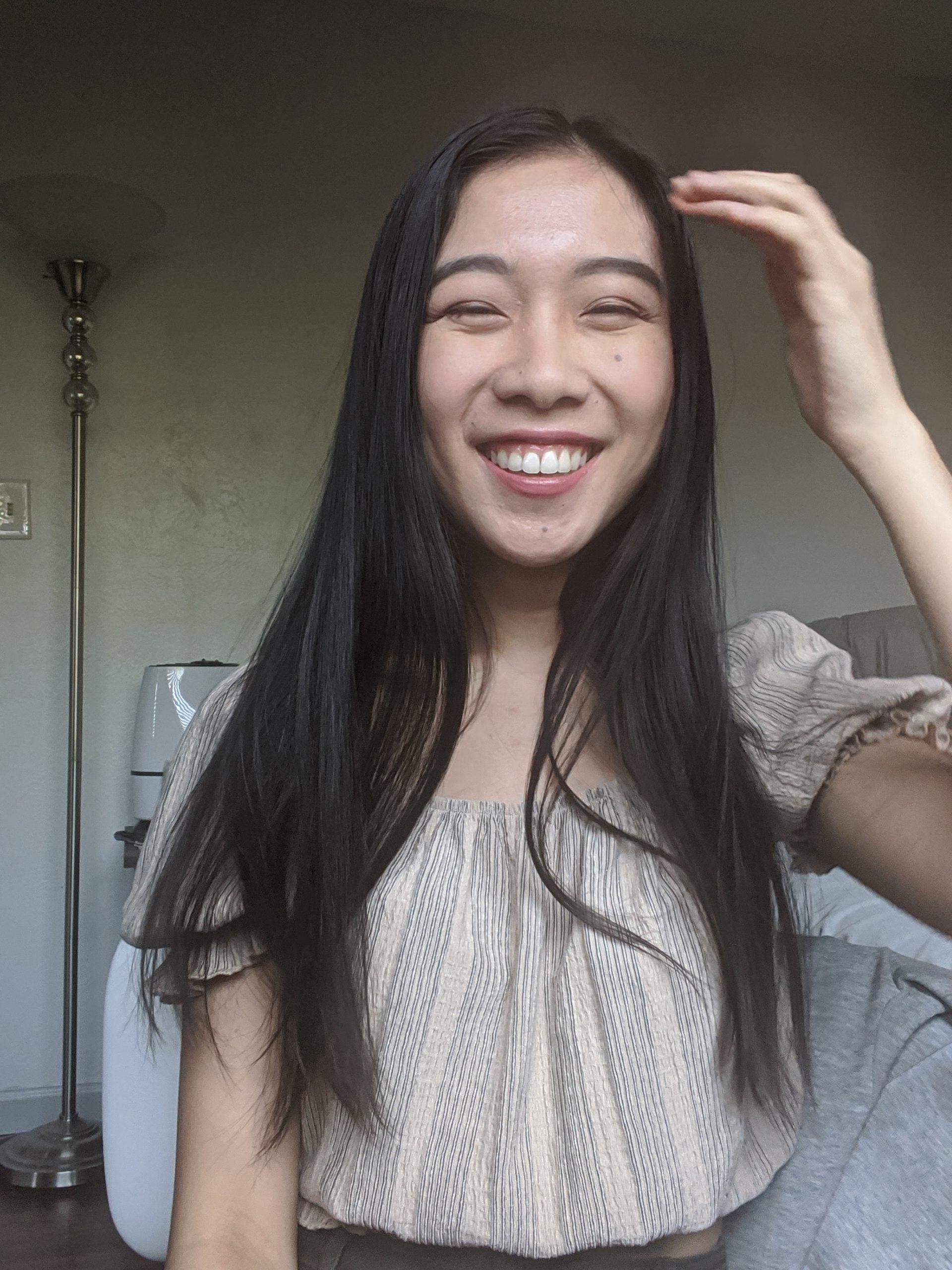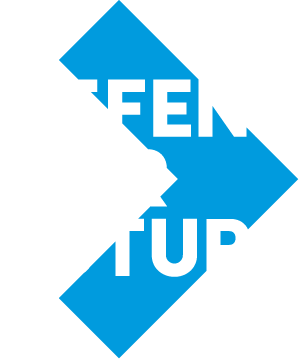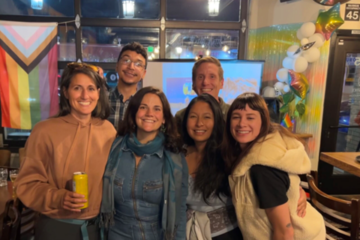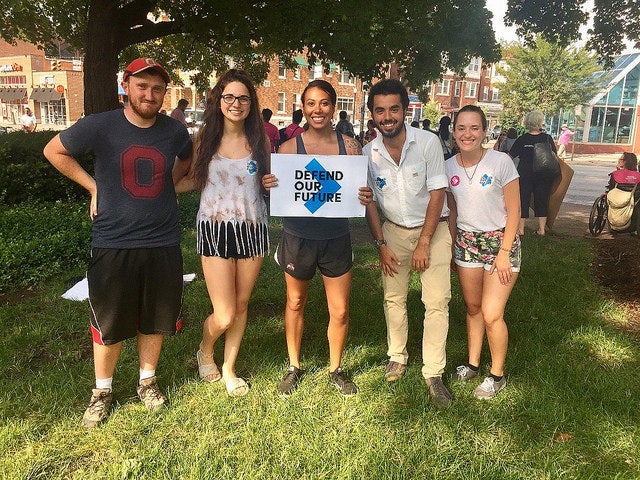
“Who gets to be American?” asks the Nepalese fashion designer, Prabal Gurung in his 10th-anniversary show in 2019. The models in his show wore a sash with this question and I immediately gravitated to it. Growing up in the United States as a first-generation immigrant, I understood from a young age that I will never earn the privilege of being American. This coveted title belonged to the light-skinned, colored eyes, and light-haired individuals. Even after my citizenship status has long changed, people will always perceive me as an outsider, a foreigner. I can claim to be American, but I will never be American in the eyes of others.
I continue to constantly prove how American I was. Although speaking two languages is impressive—the existence of my accent was ridiculed, along with my appearance, and I was labeled with stereotypes. Looking back, it was those my age who constantly reminded me that I was an outsider and I didn’t belong while the adults who witnessed didn’t do anything. I lacked the terminology to call out the remarks made to me were intolerant and bigoted. These adults set an example for others, for my peers, that these remarks were insignificant. They also reinforced if what I was told when I talked about such incidences to my own family: that we should be grateful to be here, to have more opportunities to survive, now let’s keep our heads down.
It wasn’t until I started university that I discovered Asian Americans in U.S history didn’t keep their heads down. History in K-12 American classrooms is limited to the American Revolution, a brief overview of slavery, World War II, and then (inaccurately) how Martin Luther King Jr. solved racism. There were no mentions of the immigrant experience but touted how the U.S was a melting pot of people from all over the world. There was no mention of the Manongs—the first major wave of Filipino immigrants who were exploited as farmworkers. Our lessons about the civil rights movement fail to acknowledge how it inspired other minorities to organize and fight for their rights. Names like Larry Itliong, Yuri Kochiyama, and Yuji Ichioka are forgotten because they are not associated with America—as Asians, they are not Americans.
Keeping our heads down goes against our history. Keeping our heads down only supports the idea that somehow, we do not belong here. With hate crimes against Asian Americans on the rise, the increase in voter suppression laws, and the threat of climate change warming impacting our livelihoods, we must speak out and speak loudly. Eliminating the idea that we are insignificant means we must work without communities in addressing the issues that affect us. For Asian American and Pacific Islander Heritage Month and every month, I implore everyone to expand their education on the history of AAPI.
There are plenty of resources available online to combat anti-Asian hate. I also encourage you to support local businesses owned by Asian Americans.
We also need to contact our local, state, and federal representatives to make them aware of the issues that are affecting our community through phone calls, writing letters, and voting. We can be, and are, grateful to be here but that does not mean we have to keep our heads down.
Kyla Navarro was a Defend Our Future campus ambassador at New Mexico State University from 2020-2021.




